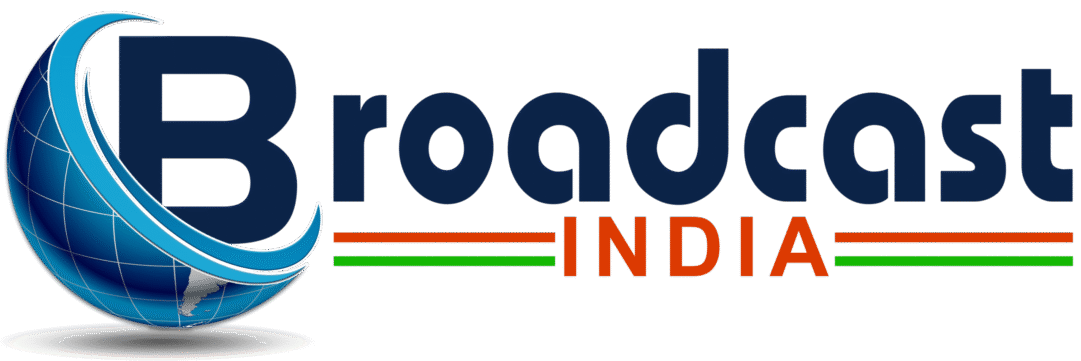Operating System Tools
- By Broadcast India
- 24th September, 2025 06:28 PM
🖥️ Operating System Tools: The Invisible Heroes of Modern Computing
When you start your computer, launch an app, or even browse the internet, an Operating System (OS) quietly manages every click, tap, and command.
But beyond the OS itself—like Windows, macOS, or Linux—there’s a world of Operating System Tools that keep everything running smoothly.
These tools handle tasks such as system monitoring, security, optimization, and troubleshooting, making them essential for both everyday users and IT professionals.
In this guide, we’ll explore what OS tools are, why they matter, and some of the best examples you can use today.
🔎 What Are Operating System Tools?
Operating System Tools are software utilities built into or compatible with an OS that help:
-
Maintain performance
-
Diagnose issues
-
Secure the system
-
Optimize hardware usage
Think of them as the toolbox of your computer’s engine room—they ensure the OS runs efficiently and securely.
💡 Why These Tools Matter
Without these tools, even the most advanced operating system can slow down, become vulnerable to security threats, or fail to deliver peak performance.
Whether you’re a casual user or a system administrator, OS tools can:
-
Monitor health: Track CPU, memory, and disk usage.
-
Manage files: Organize, compress, or back up data.
-
Enhance security: Detect malware, apply updates, and encrypt files.
-
Recover from crashes: Restore the system to a previous state if something goes wrong.
🛠️ Key Operating System Tools You Should Know
1. System Monitoring Tools
These utilities give you a real-time snapshot of how your computer is performing.
-
Windows Task Manager – Check CPU, memory, and running processes.
-
macOS Activity Monitor – Monitor system resources and network usage.
-
Linux top/htop – Command-line tools to display live system statistics.
2. File Management Tools
Efficient file handling is critical for a smooth computing experience.
-
Windows File Explorer or macOS Finder – Browse and manage files easily.
-
Linux Nautilus/Dolphin – Popular file managers with advanced features.
-
WinRAR / 7-Zip – Compress and extract files to save space.
3. Backup & Recovery Tools
These safeguard your data from accidental deletion or hardware failure.
-
Windows Backup and Restore – Schedule automatic backups of files and system images.
-
macOS Time Machine – Create full system backups with simple restore options.
-
Clonezilla – Open-source disk cloning for Linux and cross-platform use.
4. Security & Maintenance Tools
Security is non-negotiable in today’s digital world.
-
Windows Defender – Built-in antivirus and firewall protection.
-
Linux UFW (Uncomplicated Firewall) – Easy firewall management.
-
CleanMyMac or CCleaner – Remove junk files and optimize system performance.
5. Virtualization Tools
For advanced users who need to run multiple OS environments on one machine.
-
VMware Workstation – Create and manage virtual machines.
-
VirtualBox – A free, cross-platform virtualization solution.
-
Hyper-V – Microsoft’s built-in virtualization platform.
🌐 OS Tools for Different Platforms
| Platform | Built-In Tools | Popular Third-Party Tools |
|---|---|---|
| Windows | Task Manager, Disk Cleanup, PowerShell | CCleaner, Sysinternals Suite |
| macOS | Activity Monitor, Disk Utility, Terminal | CleanMyMac, iStat Menus |
| Linux | top/htop, GParted, systemd tools | BleachBit, Timeshift |
⚡ Tips to Get the Most Out of OS Tools
-
Update Regularly: Outdated tools can leave your system vulnerable.
-
Automate Backups: Set a schedule so you never forget to protect your data.
-
Learn Shortcuts: Mastering basic commands (like Linux terminal or PowerShell) can save hours of troubleshooting.
-
Combine Built-in and Third-Party Tools: Use built-in tools for stability and trusted third-party apps for extra features.
🏁 Final Thoughts
Operating System Tools may not grab headlines like new apps or flashy hardware, but they are the unsung heroes that keep your computer safe, fast, and reliable.
Whether you’re using Windows, macOS, or Linux, exploring these tools can help you:
-
Detect problems early
-
Protect your data
-
Optimize performance
Next time you clear cache files, check your CPU usage, or create a backup, remember—you’re using the quiet power of OS tools to keep your digital world running smoothly.








